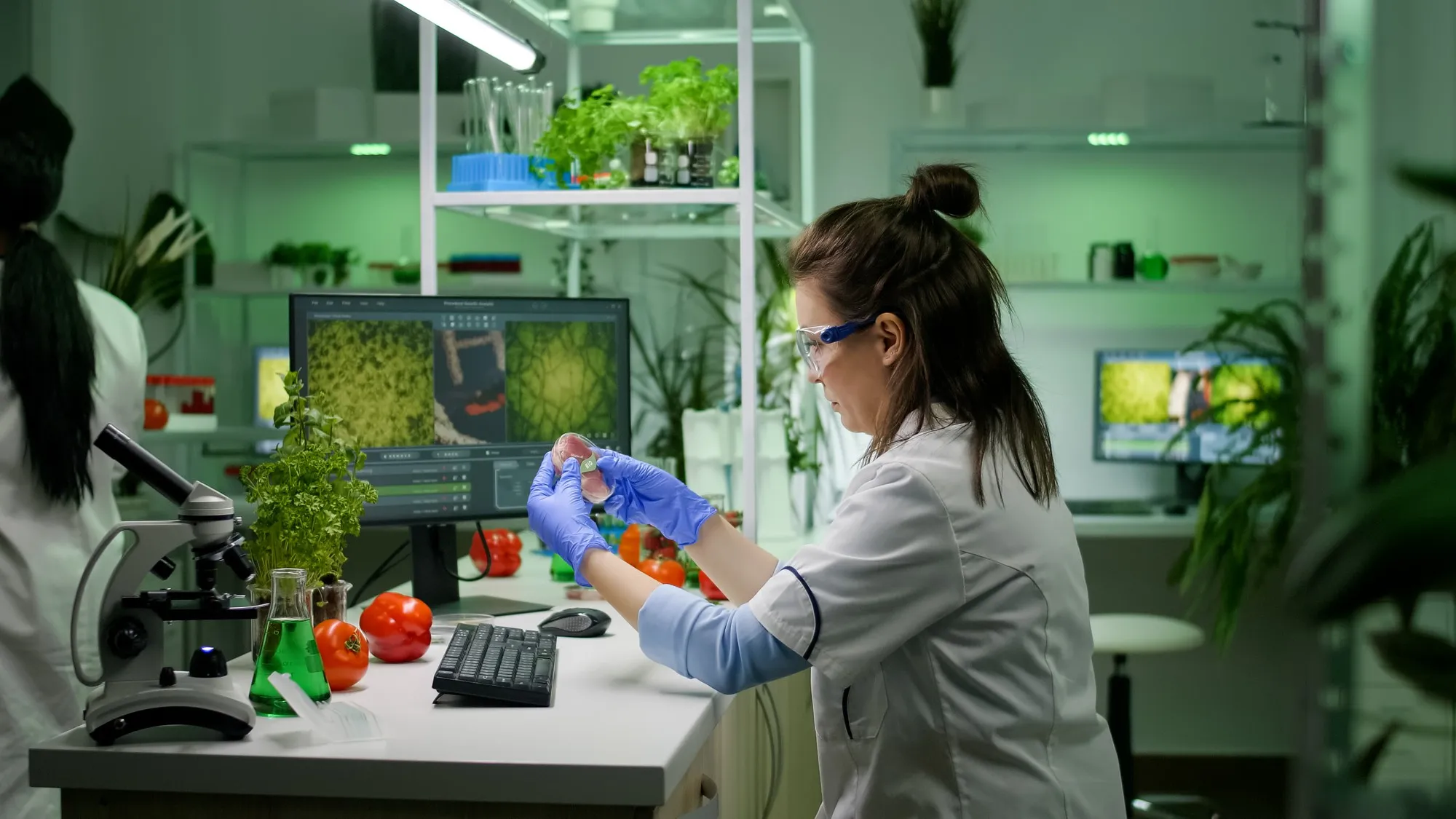DOI: 10.1016/j.ijbiomac.2024.129410
In a breakthrough study that has the potential to transform the food industry, researchers at the Southwest Minzu University and Nanjing Forestry University in China have pioneered a novel method to encapsulate the notoriously bitter-tasting flavonoid, quercetin, using polysaccharide-coated nanoliposomes. Their findings, published in the International Journal of Biological Macromolecules, indicate a promising future for the inclusion of health-promoting but bitter compounds in a wider range of consumable products.
The flavonoid quercetin is known for its potent antioxidant properties, making it a desirable ingredient in functional foods and nutraceuticals. However, its bitter taste has been a barrier to its incorporation into edible items. A team, including Huang Meigui and colleagues, tackled this challenge by employing anionic polysaccharides, specifically carrageenan, pectin, and trehalose, to coat the nanoliposomes that carried quercetin.
The electronic tongue analysis unveiled a significant drop in the bitterness of quercetin-loaded nanoliposomes, with a reduction from a strong bitter taste represented by a 14 ± 0.01 mV electronic response in the aqueous solution, to a weak bitter taste marked by 10.34 ± 0.07 mV in the encapsulated form. Among the polysaccharides investigated, carrageenan-coated nanoliposomes showed the highest potential, delivering the most effective reduction in bitterness due to its high charge and viscosity properties. Sensory evaluations further confirmed the superior taste profiles of gummies embedded with these carrageenan-coated nanocarriers.
This study offers valuable insights that could lead to the expansion of bitter nutrients in the food space, potentially introducing a broad spectrum of health benefits to consumers without compromising palatability. By harnessing the superior bitter-masking abilities of carrageenan, manufacturers can create more appealing and healthful food products that might have previously been limited by unfavourable taste profiles.
The research led by Huang Meigui and colleagues provides compelling evidence that polysaccharide-coated nanoliposomes have the capacity to successfully mask the bitterness of quercetin. By focusing on the three anionic polysaccharides, this study not only displays a new avenue for quercetin enrichment in foods but also sets a precedent for further innovation in incorporating healthful yet challenging compounds into the food supply.
References
1. Huang Meigui, et al. Polysaccharide-coated quercetin-loaded nanoliposomes mitigate bitterness: A comparison of carrageenan, pectin, and trehalose. Int J Biol Macromol. 2024.
2. Electronic tongue analysis in bitterness assessment.
3. Potential health benefits of quercetin in food applications: a review.
4. Properties and food applications of carrageenan-coated nanoliposomes.
5. Tackling the poor solubility and bitterness of flavonoids: Recent advancements in nanotechnology.
Declaration of competing interest
The authors declare that they have no known competing financial interests or personal relationships that could have appeared to influence the work reported in this paper.
Keywords
1. Quercetin bitterness reduction
2 Polysaccharide-coated nanoliposomes
3. Bitter taste masking technologies
4. Carrageenan as flavor enhancer
5. Functional foods formulation
